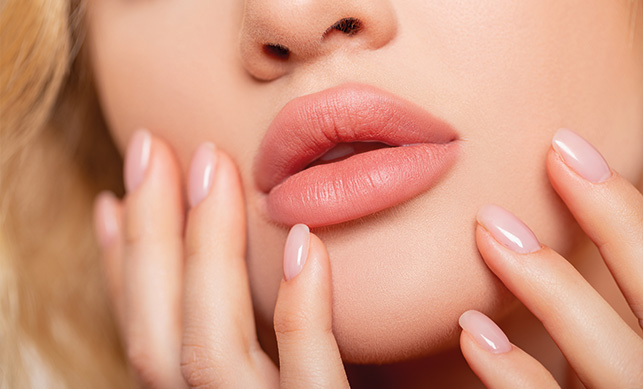With beauty standards changing over the last decade, more luscious and fuller lips are the new trends in the industry. As lips are considered a source of beauty, more and more women go for lip injections.
Among other types of dermal fillers, lip augmentation by lip filler injections is the most popular. This FDA-approved filler procedure for lips is quick with minimal to no side effects. However, ensure that you choose the right cosmetic doctor or a cosmetic-based dermatologist.
Lip Fillers are based on different types of fillings. The most popular one is the hyaluronic acid fillers. These fillers have hyaluronic acid-based substances and are the safest and most common method today. Hyaluronic acid is a natural substance in the human body, capable of enhancing lip volume.
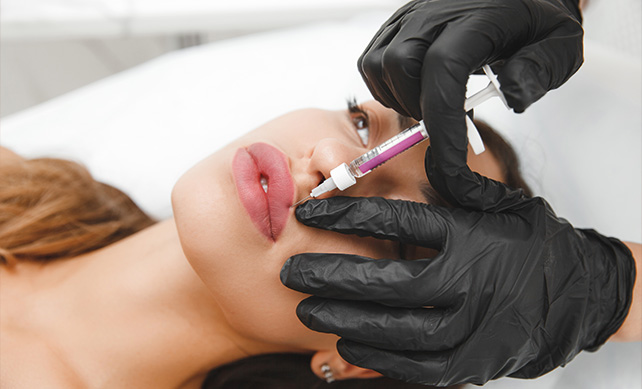
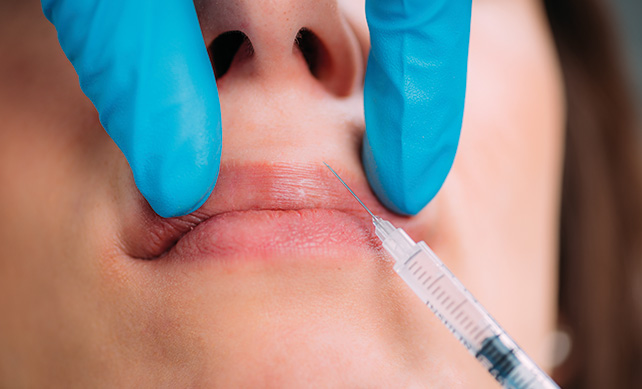
Suitable candidates for lip fillers are generally healthy individuals who are unhappy with the size or shape of their lips. Lip fillers can help to add volume, definition, and symmetry to the lips and address a variety of concerns, including:
If you are considering getting lip fillers, there are some pre-procedure tips you should keep in mind. These are to help ensure the best possible results and minimize any discomfort. Here are some tips:
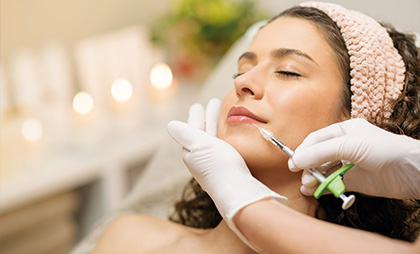
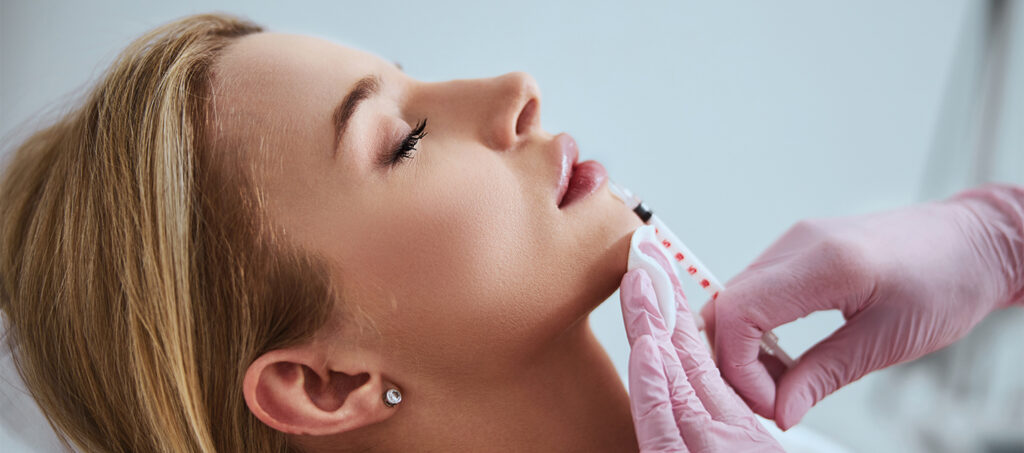
After getting lip fillers, taking care of your lips is essential to ensure a smooth recovery and optimal results. Here are some post-procedure tips to keep in mind:
While lip fillers are a safe and effective cosmetic procedure for many people, some individuals may not be suitable candidates. Some of the reasons why someone might not be a good candidate for lip fillers include:
